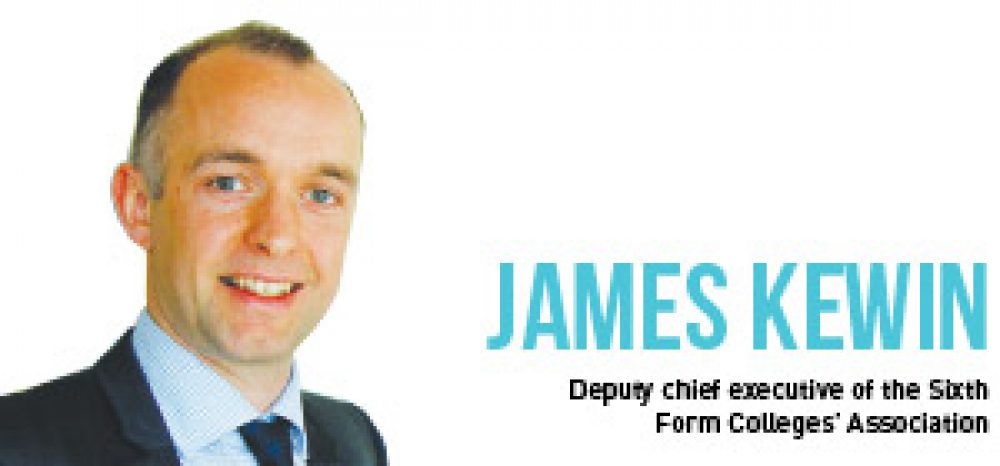The head teacher of the selective free school London Academy of Excellence, which only accepts learners that achieve at least five As at GCSE, came under fire for comments about A-level performance from a local sixth form college principal. James Kewin takes up the issue.
We accept that all providers use performance data in ways that will present their institution in the best possible light, But the London Academy of Excellence (LAE) claim that it has achieved “the best ever results by a sixth form college in the UK” is not only misleading, it risks being used by policymakers as proof that the 16 to 19 free school programme should be accelerated.
This would almost certainly be at the expense of the ninety three ‘official’ but less voguish sixth form colleges that consistently deliver outstanding outcomes for learners and do so at a much lower cost to the public purse.
The press release issued by LAE, and most of the resulting media coverage, overlooks the fact that it is a high selective institution. It requires prospective students to have at least five A or A* GCSEs and at least a grade B in GCSE maths and English language.
While all sixth form colleges have some form of entry criteria, this is typically five GCSEs at grades A to C and students are usually provided with the opportunity to resit GCSEs in English and maths.
Comparing the exam results of institutions without reference to the prior attainment of their students only provides a partial view of performance.
The government has acknowledge this which is why the ‘progress’ value added measure will be the centrepiece of its revised performance tables.
It could be argued that the London Academy of Excellence has actually underperformed given the prior attainment of the students it recruits.
In its recent inspection, Ofsted noted that: “Not enough students achieve the high grades at AS-level of which they are capable. Not enough students make the progress that their GCSE grades indicate they should when compared to similar students nationally.”
It will be interesting to compare LAE’s progress/value added data with sixth form colleges when the performance tables are released in January.
Progress to Russell Group universities is a remarkably narrow definition of success. Each year, thousands of sixth form college students successfully progress to other higher education institutions or directly to employment.
But even using this indicator, LAE falls below the sixth form college average. According to the most recent destinations data, the average sixth form college sent 82 students to Russell Group universities compared to 68 at LAE.
The typical sixth form college curriculum is broad and contains a range of academic and vocational subjects.
By contrast, ten of the 12 A-levels offered at LAE are in ‘facilitating subjects’, which means they almost inevitably have a higher percentage of students securing AAB in two of these subjects.
Despite this, one sixth form college that offers more than 40 A-level subjects reported that 35 per cent of its students secured AAB in two facilitating subjects, an achievement comparable to LAE’s 39 per cent given the breadth of its curriculum offer and lower entry requirements.
Eddie Playfair, principal of neighbouring Newham Sixth Form College, has written very persuasively here about the need to celebrate success without rewriting history.
The claims from LAE that there was nowhere for ambitious local students to study before it arrived are very wide of the mark.
More broadly, meaningful comparisons cannot be made between highly selective providers with a very narrow curriculum and open access providers with a broad curriculum offer. It is also worth noting that the funding per student at LAE is significantly higher than in the average sixth form college.
In addition to the cash and in-kind contributions from donors and independent school-backers, LAE (unlike sixth Form colleges) has its VAT and insurance costs reimbursed.
The students at LAE have performed remarkably well and should be congratulated for their achievements. But the partial and one-sided reporting of their exam results has forced us to issue this response.
We welcome the opportunity to explore these issues further with the leadership team at LAE and sincerely hope we can work together in the best interests of students across Newham and East London.


Your thoughts